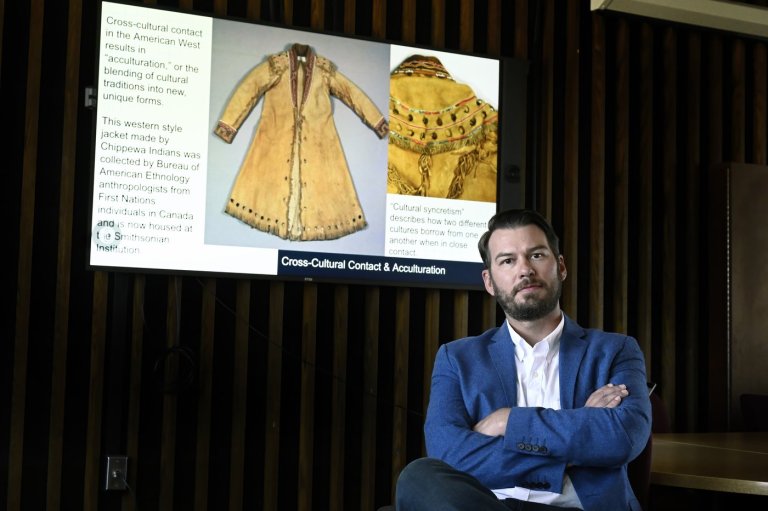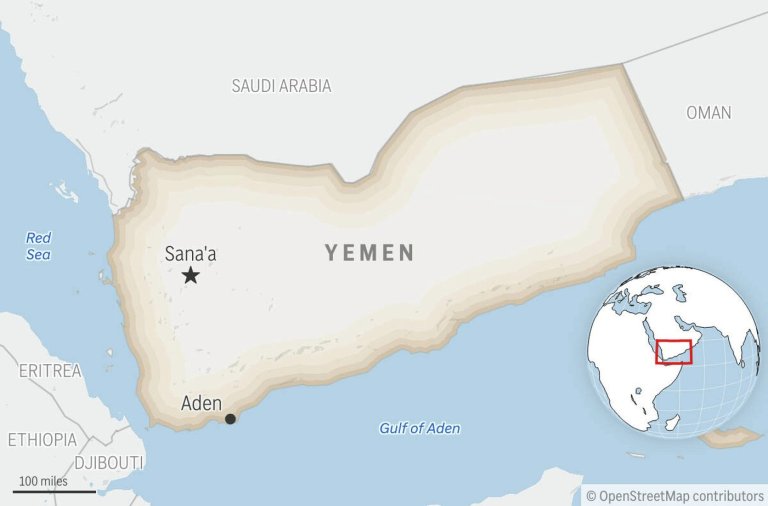
US consumer prices fell 0.1 per cent in December
WASHINGTON – U.S. consumer prices fell in December and rose by the smallest amount in seven years in 2015, reflecting the toll of slumping energy costs.
Consumer prices slipped 0.1 per cent last month after a flat reading in November, the Labor Department reported Wednesday.
For the entire year, overall inflation was up just 0.7 per cent, even smaller than a 0.8 per cent rise in 2014. Both years were heavily influenced by plunging energy prices. It was the weakest annual increase since a 0.1 per cent rise in 2008.
Core inflation, which excludes volatile energy and food costs, edged up 0.1 per cent in December. That was the smallest monthly gain since August. For the full year, core inflation was up 2.1 per cent after a 1.6 per cent rise in 2014.
Energy prices and a stronger dollar have been major factors holding down inflation.
The Federal Reserve, however, last month boosted a key interest rate for the first time in nine years, saying it believed inflation would eventually strengthen. The quarter-point increase pushed the federal funds rate from near zero to a range of 0.25 per cent to 0.5 per cent.
Fed officials have stressed that the pace of future rate increases will be heavily dependent on signs that inflation is beginning to accelerate closer to the Fed’s target of 2 per cent annual price gains.
But since the Fed met last month, oil prices have declined further. That suggests it might take even longer for the Fed to hit its target.
For December, energy prices fell 2.4 per cent and are down 14.9 per cent for the year. Food costs declined 0.2 per cent and are up a modest 0.8 per cent for the year. The nationwide average for a gallon of gasoline is down to $1.88, 12 cents lower than a month ago.
But some analysts see the uptick in core inflation as a sign that inflation outside of energy and food is beginning to accelerate. The 2.1 per cent rise in the core for the 12 months ending in December followed a 12-month rise of 2 per cent in November. It was the largest 12-month gain in core prices since a similar 2.1 per cent increase in July 2012.
Driving core inflation in December were increases for shelter costs, medical care, home furnishings and education. Meanwhile, prices for clothing, airline fares and new cars declined in December.
Laura Rosner, an economist with BNP Paribas, said that she is forecasting overall inflation will rise by 1.4 per cent in 2016. The potential for further declines in energy and food costs, however, may pull her projection lower.
The Fed next meets on Jan. 26-27, and private economists widely believe that the Fed will leave rates unchanged. Some economists say it could be June before the Fed raises rates again.
Join the Conversation!
Want to share your thoughts, add context, or connect with others in your community?
You must be logged in to post a comment.


















